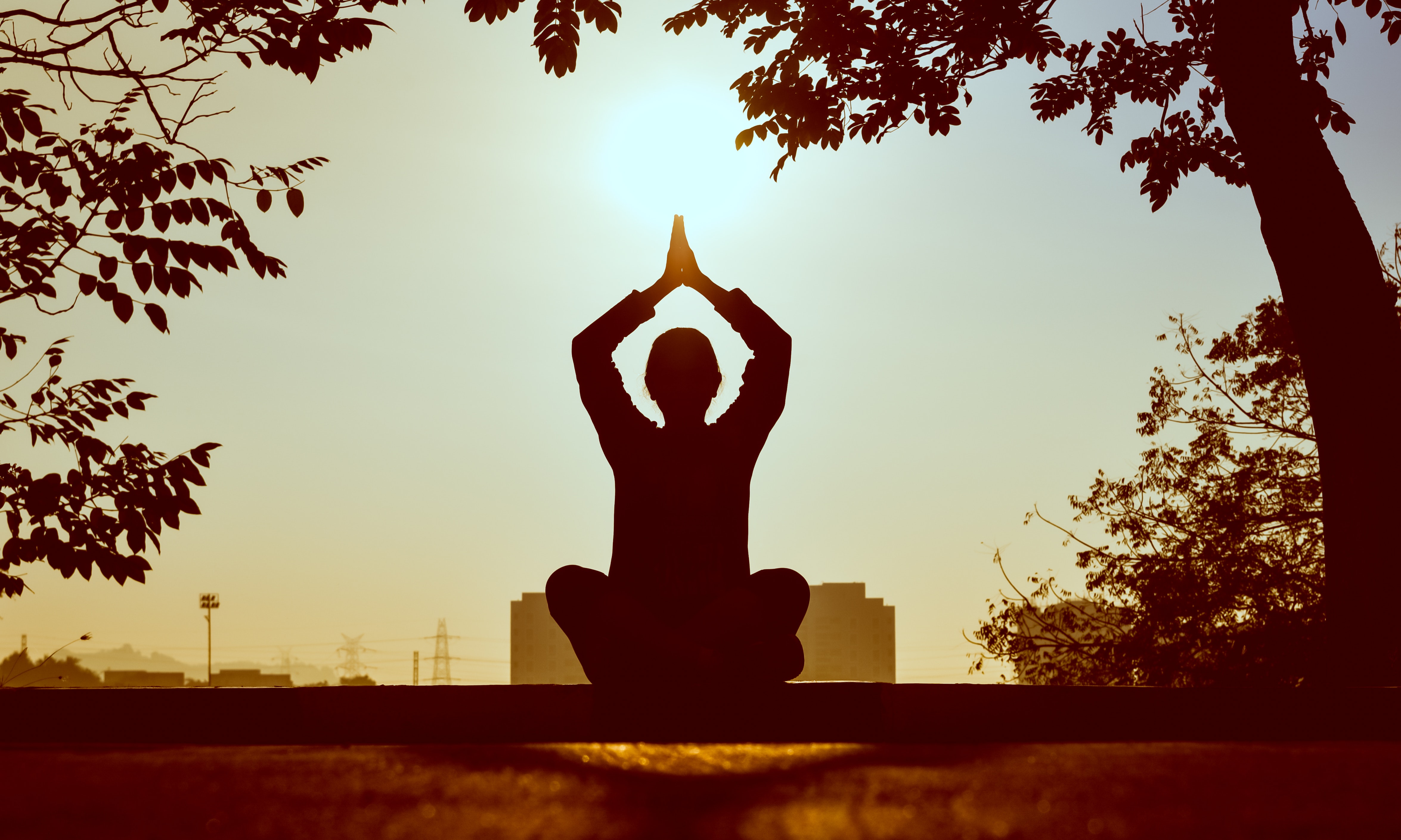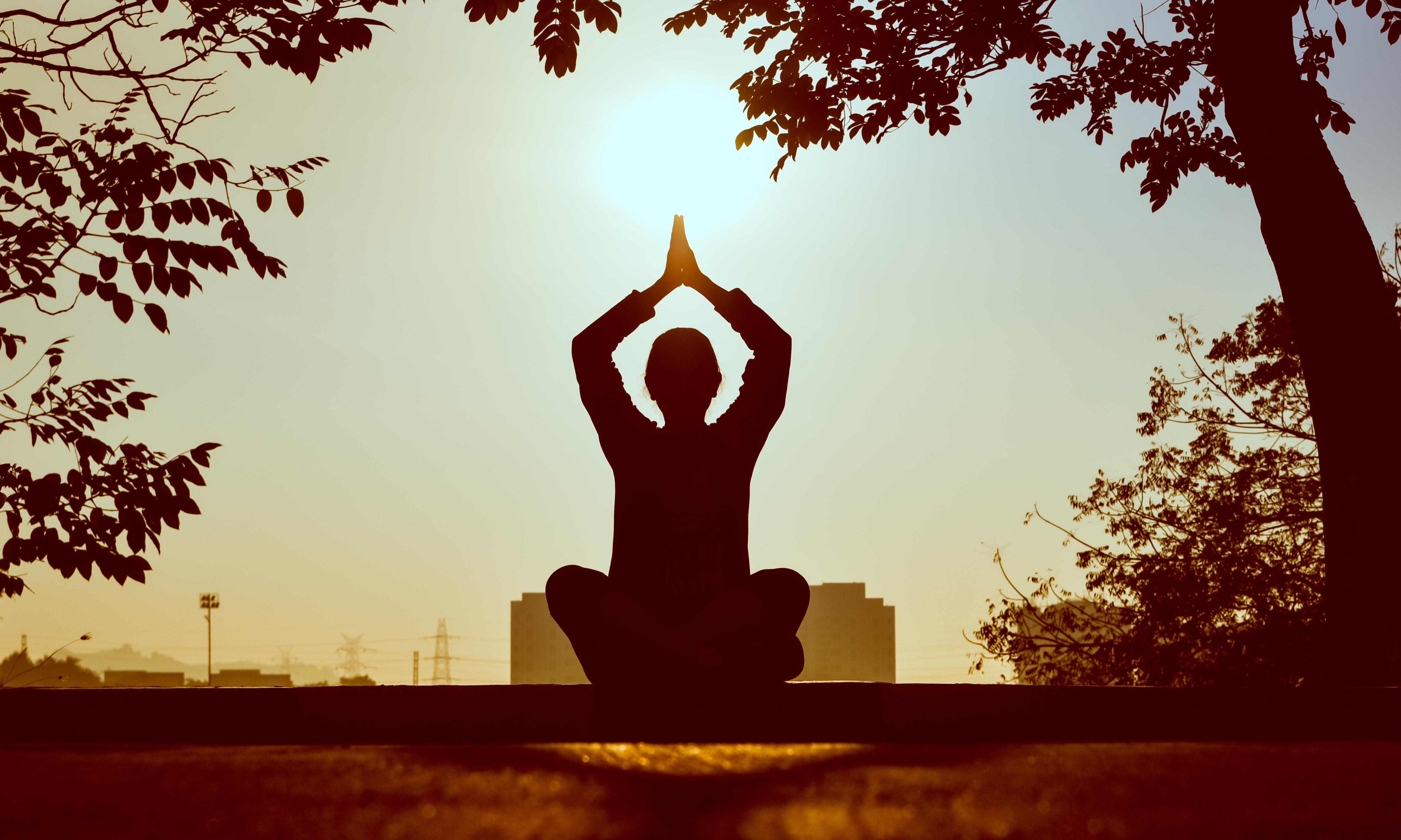Yoga for Beginners

Yoga for Beginners
Introduction
Yoga is an ancient practice of self-care that can benefit everyone. It's also easy to get started, so grab your yoga mat and let's get started!
You can start right now.
You can start right now.
Yoga is for everyone, and it does not require any special equipment or attire. You can do yoga in your own home, on a park bench, at the gym—anywhere you have access to a mat and some space. And with the wealth of online resources available today there are very few excuses not to get started with your practice.
As you begin your journey into this ancient discipline, remember: yoga is not about reaching any destination; it's about being present in each moment along the way—so don't worry if you're not able to do everything right away! Remember that yoga isn't something that happens only during class; it's also something that happens outside of class—when we take time for ourselves every day and make mindful choices about how we want our lives to look and feel.
The best time to practice is when you can do it consistently.
The best time to practice is when you can do it consistently. This means that you have a set time every day for your practice, and you don’t miss days. If you wake up at 6 am every day, then start your yoga session at 6:30 am. If you get home from work at 5 pm, then do half an hour of yoga before dinner. If getting your kids ready for bed means going to bed early yourself, then practice before they go down for the night—even if it means waking up earlier than usual!
Practice in the morning when you are fresh; practice in the evening when relaxed; practice in the afternoon when energetic; or practice at night when sleepy—those are all great times for beginning yoga students!
Focus on the quality of the breath and movement.
Breathing is the key to yoga, and, of course, to life. It's also the key to feeling good—doing it well will make you feel amazing! And if you want to be healthy and happy, or achieve success in any area of your life? Breathing is what will get you there.
The way we breathe affects every aspect of our existence—from how we feel physically (like whether we're able to wake up in the morning) all the way up through our mental health (if we're depressed or anxious) and even down into our spiritual lives (how often do people say "I need a moment"?).
Notice the impact of your practice in other areas of your life.
As you start to notice the effects of your practice in other areas of your life, you'll probably want some accountability. Some teachers are great at giving it, while others aren't. If you're working with a teacher who isn't helping you progress or can't answer questions about how to improve your practice, then maybe it's time to find someone else. There's always room for improvement!
It doesn't have to be expensive either! You can try free yoga classes through apps like YogaGlo or ClassPass and if that works out well for you then congrats on finding free yoga!
Use a strap, block or chair if something doesn't feel safe or accessible.
In yoga, you’re encouraged to do what feels safe and accessible for your body. If something doesn’t feel right, don’t force yourself into it. Use a strap or block if needed, or even use an entire chair if that works best for you! The main thing is that you are comfortable and can maintain good form while working out.
Honor your body's signals and adjust accordingly.
- Honor your body's signals and adjust accordingly.
- Listen to your body and it will tell you what feels good or not so good.
If something hurts, stop doing that thing immediately. If something feels great, do more of it!
Show up for yourself. Make a commitment to yourself to attend classes/practice consistently, just as you would for any other appointment.
Show up for yourself. Make a commitment to yourself to attend classes/practice consistently, just as you would for any other appointment.
What if I miss a class or two? What if something comes up and I can't make it on time? There are going to be times when life gets in the way of our practice. If this happens, don't beat yourself up about it; instead try these strategies:
- Try not to think of yoga as an obligation; instead, think of it as an investment in your own health and well-being (and fun). When you frame things this way, you'll find that missing one class won't feel like a big deal at all!
- Set aside some time every day—even if it's only ten minutes—to do some simple stretches or deep breaths so that you're ready when the weather does finally turn nice enough for outdoor exercise.
Yoga is a valuable tool that can help you live your best life
Yoga is a valuable tool that can help you live your best life. The practice of yoga will improve your health and sleep, manage stress and anxiety, and even give you more energy. With the right practices in place, yoga can be a great way to help manage some of life’s little stresses and make sure that you are getting enough rest each night.
Yoga has been shown to significantly reduce the symptoms of depression while increasing positive emotions among those who practice it regularly. In fact, some studies show that people who practice yoga regularly have lower rates of heart disease than those who don’t!
Conclusion
If you're feeling a little nervous about starting yoga, remember that it's normal! Yoga is an incredible tool for connecting with your body and your mind in a new way. It can take time to get the hang of things, but once you do, there's no turning back. The best thing about yoga is that it gives us all this power over our bodies and minds—and that means we can use it to live our best lives.






